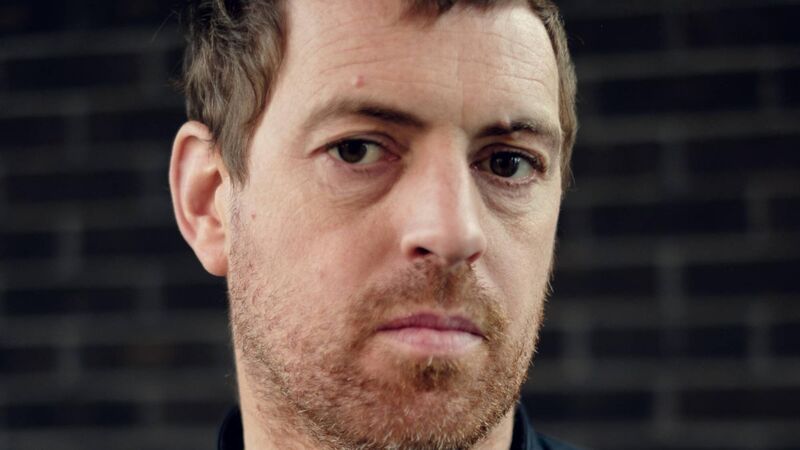Author interview: ‘Writing is exploration, as opposed to experiment’

Adrian Duncan: 'When you’re an engineer, you have to deduce and plan everything because you don’t want mistakes, whereas in art, mistakes aren’t a problem.'
- The Gorgeous Inertia of the Earth
- Adrian Duncan
- Tuskar Rock, €14.99




